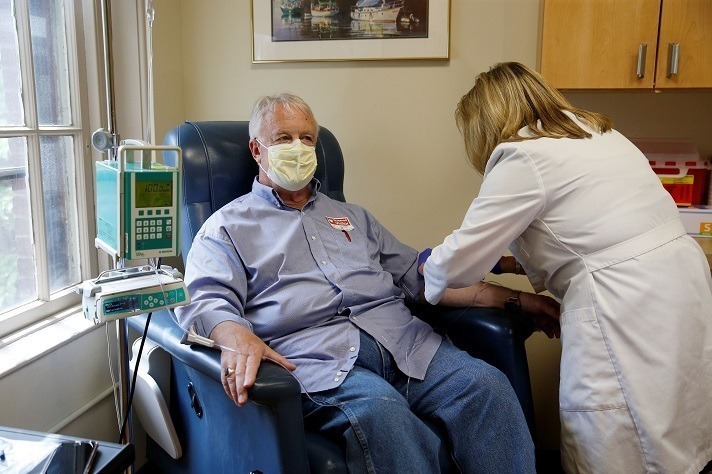Amyloid-related imaging abnormalities (ARIA) found in approximately 40% of patients taking “Alzheimer’s drug” Aduhelm
 Study: Biogen’s Aduhelm Caused Brain Swelling in Over One-Third of Study Participants (BioSpace):
Study: Biogen’s Aduhelm Caused Brain Swelling in Over One-Third of Study Participants (BioSpace):
Attention is being focused on a side effect of Biogen’s Alzheimer’s drug, Aduhelm (aducanumab). Even before its controversial approval on June 7, there were cases of amyloid-related imaging abnormalities (ARIA‑E), or cerebral edema, observed in the trials.
On November 10, the company indicated it was investigating the death of a 75-year-old woman who died of ARIA while receiving Aduhelm. It has yet to be determined if the death was caused by the ARIA. Between July and September, three other cases of ARIA were submitted to the U.S. Food and Drug Administration’s adverse event database. All of those ARIA cases required hospitalization and are being reviewed by Biogen.
One concern expressed by some physicians is that the people in the original clinical trials were generally healthy except for their early Alzheimer’s disease. People with other comorbidities were often excluded from the trials to eliminate confusing clinical signals. But now that the drug is approved, people with other health problems would be eligible for the drug, which might lead to more adverse side effects … The researchers found 425 cases in the combined aducanumab group experienced ARIA (41.3%), and ARIA-edema was identified in 362 patients or 35.2%. Of them, 94 (26%) had symptoms, such as headache, confusion, dizziness and nausea. They found ARIA-microhemorrhage and ARIA-superficial siderosis in 197 patients (19.1%) and 151 patients (14.7%), respectively.
The Study:
Amyloid-Related Imaging Abnormalities in 2 Phase 3 Studies Evaluating Aducanumab in Patients With Early Alzheimer Disease (JAMA Neurology). Key Points:
- Question: What are the characteristics of amyloid-related imaging abnormalities (ARIA) during aducanumab treatment in individuals with early Alzheimer disease?
- Findings: In an integrated safety data set of 2 phase 3 clinical trials (EMERGE and ENGAGE) including 3285 participants, 425 patients (41.3%) in the combined 10 mg/kg aducanumab group (n?=?1029) experienced ARIA; ARIA-edema occurred in 362 patients (35.2%), and 94 of these patients (26.0%) experienced associated symptoms (eg, headache, confusion, dizziness, and nausea). ARIA-microhemorrhage and ARIA–superficial siderosis occurred in 197 patients (19.1%) and 151 patients (14.7%), respectively.
- Meaning: Amyloid-related imaging abnormalities occurred in approximately 40% of participants in the phase 3 studies of aducanumab, and approximately one-quarter of these patients experienced symptoms.
News in Context:
- Veterans Affairs won’t cover Biogen’s new “Alzheimer’s drug” given concerns over safety and lack of evidence
- Growing backlash against the FDA approval of unproven Alzheimer’s treatment Aduhelm, by Biogen
- First, do no harm? Six reasons to approach anti-amyloid drug Aduhelm cautiously, if at all


